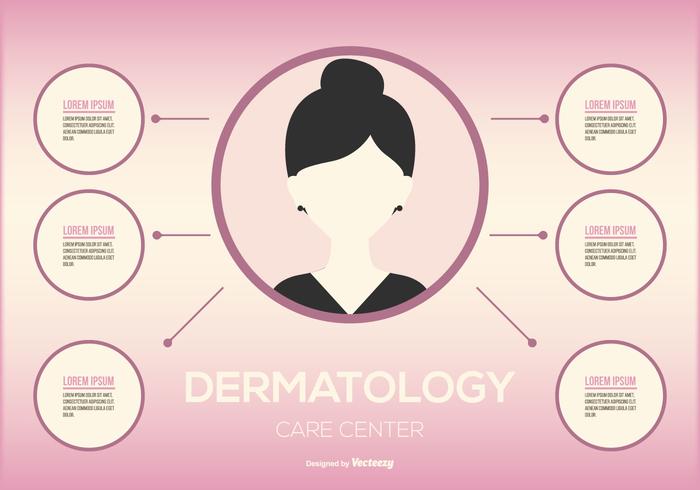Comparing Prescription And OTC Acne Treatments: Which Is Better?
Comparing Prescription And OTC Acne Treatments: Which Is Better?
Blog Article
Composed By-Emerson Nance
Did you know that nearly 85% of people experience acne at some point in their lives? When you're confronted with this usual skin concern, making a decision between prescription and non-prescription (OTC) therapies can be tricky. Each alternative has its very own collection of benefits and drawbacks, which can significantly impact your skin's health and wellness. So, just how do you determine which treatment aligns finest with your requirements? Comprehending the key differences and what they imply for your one-of-a-kind scenario may simply hold the answer.
Secret Distinctions Between Treatments
When it comes to acne treatments, recognizing the key differences can make a substantial impact on your skin's wellness.
You'll discover 2 main groups: non-prescription (OTC) and prescription therapies. OTC alternatives, such as benzoyl peroxide and salicylic acid, are conveniently available and often tend to be much less extensive. They often work by unclogging pores and lowering swelling, making them appropriate for moderate to moderate acne.
On the other hand, prescription treatments generally include stronger active components, like retinoids or prescription antibiotics, and are customized for a lot more serious situations. These treatments typically require a dermatologist's assistance, permitting them to target certain skin problems properly.
The toughness and formulation of prescription options can cause quicker outcomes yet might also include a higher threat of negative effects.
You must also consider your skin kind and any kind of level of sensitivities when selecting a treatment. For example, if you have sensitive skin, OTC therapies may be a gentler starting factor.
Eventually, understanding these differences helps you make notified options about your acne treatment trip and leads you towards clearer skin.
Advantages and disadvantages of Prescription Options
Prescription options for acne therapy included both benefits and drawbacks that you ought to evaluate meticulously.
One major pro is their effectiveness. Prescription drugs commonly include greater concentrations of energetic ingredients, which can result in faster and extra reliable results contrasted to non-prescription (OTC) items. You might likewise locate that prescriptions are customized to your particular skin type and acne intensity, providing an extra personalized technique.
On the other side, these therapies can include significant drawbacks. For one, they might have adverse effects ranging from light irritability to more serious issues, which you require to keep an eye on carefully.
In addition, prescription treatments can be a lot more expensive, especially if your insurance policy does not cover them. You could also deal with challenges in obtaining a prescription, as it requires a browse through to a healthcare provider, which can be time-consuming and troublesome.
Benefits of OTC Therapies
OTC treatments typically use a practical and obtainable remedy for taking care of acne. how much is a unit of botox can conveniently discover these products in drug stores, grocery stores, or online, making them easily offered over the counter. This accessibility means you can start your acne therapy whenever you require to, without awaiting a doctor's consultation.
Another significant benefit of OTC treatments is their cost. Numerous over the counter alternatives are affordable, allowing you to explore numerous formulations without breaking the bank. You can attempt various products to see what jobs best for your skin kind.
OTC therapies also come in a variety of formulations, including gels, creams, and cleans. This selection permits you to pick a product that fits your way of living and preferences. Lots of include energetic components like benzoyl peroxide or salicylic acid, which are effective in treating acne.
Finally, you have the liberty to adjust your regimen based upon your skin's action. If one item isn't working, you can easily switch over to an additional without a prolonged assessment process. This adaptability empowers you to take control of your acne administration trip.
Conclusion
Ultimately, choosing in between prescription and OTC acne treatments actually comes down to your unique skin demands and scenarios. While prescriptions could look like the golden ticket for swift outcomes, OTC alternatives provide a more available path, allowing you take control of your skincare trip. Accept the adaptability of OTC items or think about the tailored strategy of prescriptions-- either way, you're taking a favorable action towards clearer skin and enhancing your confidence along the way.
